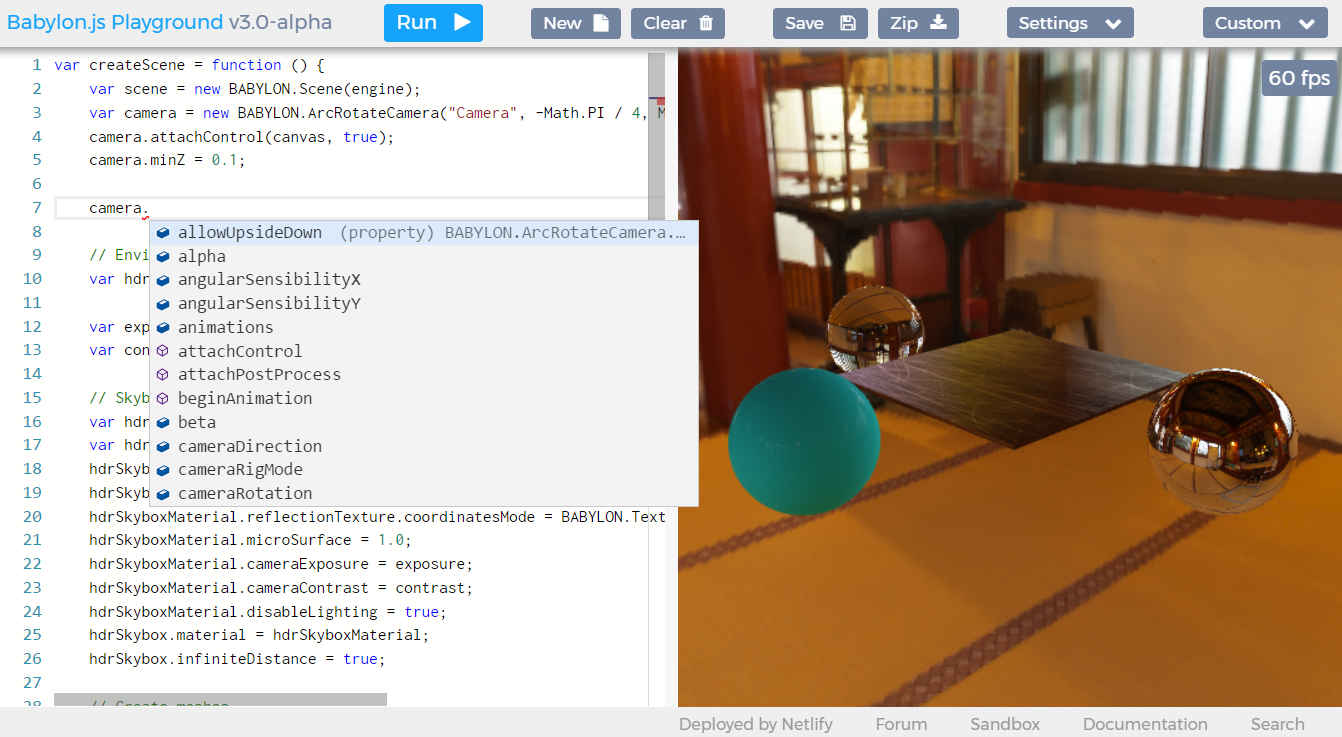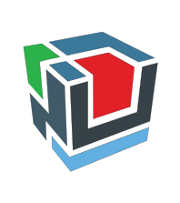| Babylon.js 3 Adds Support For WebGL 2 |
| Written by Kay Ewbank | |||
| Thursday, 13 July 2017 | |||
|
There's an updated version of Babylon.js, Microsoft's open source JavaScript framework for building 3D games. The new release adds support for WebGL 2. Babylon.js can be used to create 3D games with HTML5, WebGL, WebVR and Web Audio. It is used as the engine for the Remix3D site and the Xbox Design Lab. WebGL is the technology that enables 3D in the Canvas element in browsers, but it is tricky to work with, requiring the use of a graphics library. A games engine then adds support for features such as collision detection, particles and special effects. Babylon.js handles these elements. Babylon is open source, and was developed by Microsofties, mostly in their spare time. The headline improvement to the new version is the support for WebGL 2. This gives more control over the GPU than its predecessor. The support for WebGL 2 is transparent as far as Babylon.js 3.0 is concerned. The engine will automatically use WebGL 2 if available, and it will fall back to WebGL 1 if not. The new version also has support for WebVR 1.1 for virtual reality. You can write code for VR devices, including the new Windows Mixed Reality headsets, in Babylon.js. As with WebGL, Babylon.js will use WebVR 1.1, and will fall back to WebVR 1.0 if your device does not support the latest version. It also supports using device orientation events to provide virtual reality on mobile.
A new GUI library has been added. This is an extension that uses hardware acceleration to deal with user interaction, and can be used to generate interactive user interfaces. The developers say it can be helpful with VR scenarios when you cannot display HTML elements, and can also be used to project your UI in 3D. Support has also been added for live textures using WebCam, so you can incorporate webcam content into the textures in your games to simulate a mixed reality experience The final main improvement is Spector.js, a fully functional WebGL debugger that exposes all the inner details of the rendering of every frame. More InformationRelated ArticlesBabylon.js Adds 2D Accelerated Engine Babylon.js - A WebGL Game Engine From Microsoft
To be informed about new articles on I Programmer, sign up for our weekly newsletter, subscribe to the RSS feed and follow us on Twitter, Facebook or Linkedin.
Comments
or email your comment to: comments@i-programmer.info |
|||
| Last Updated ( Thursday, 13 July 2017 ) |



